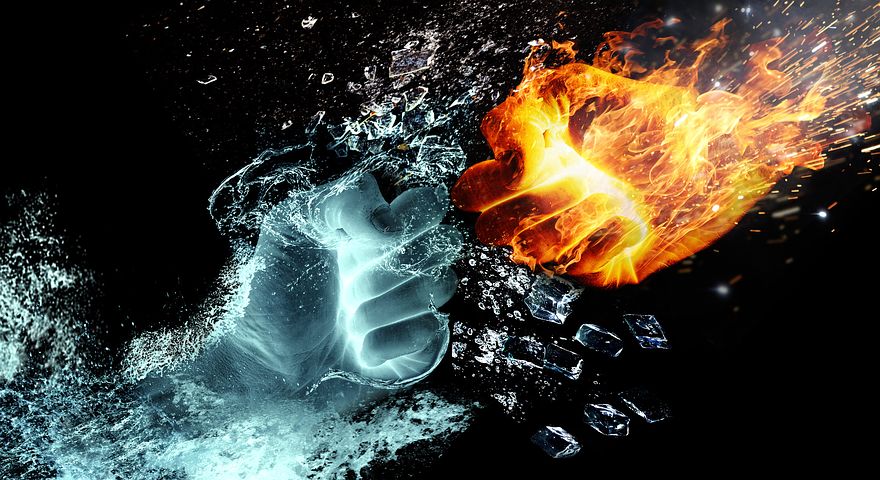Behavioral economist Daniel Kahneman has done extensive work on the factors that shape human decision making. In his most famous book, Thinking, Fast and Slow, he distinguishes between two systems in the brain. System 1 consists of fast, automatic, intuitive thinking. We use it to solve simple math problems or understand simple sentences. On the other hand, system 2 consists of slow, methodical, logical thinking. We use it to break down complex logic or dig into our memory. Now, you might think you use system 2 to make all of your decisions. Yet, Kahneman proves we use system 1 far more often than we think. And this is revealed in our biases. He calls one of these biases What You See Is All There Is (WYSIATI). Today, we’ll look at WYSIATI and the law.
What is WYSIATI?
First, let’s define the term WYSIATI. When the mind makes decisions, it works with Known Knowns. In other words, with phenomena its already experienced and understands. Yet, the mind scarcely considers Known Unknowns, or phenomena that it knows to be important but about which it has no information. Lastly, the mind seems clueless to even the possibility of Unknown Unknowns, or unknown information of unknown relevance. If that sounds confusing, let’s illustrate with a case.
WYSIATI and the Law
Let’s illustrate these terms so we can understand WYSIATI and the law. Let’s say that in a murder trial, the jury has a great deal of circumstantial evidence on the accused. For example, he was at the murder scene, possessed the weapon used, and even had a conflict with the victim earlier that day. Does this make the accused guilty beyond a reasonable doubt?
Now, the jury might have a great deal of confidence in the circumstantial evidence, because those are Known Knowns. However, they might not consider the lack of DNA evidence present, the lack of eye witness testimony, other possible suspects, the reason why the accused was present at the murder scene, etc (Known Unknowns). Furthermore, the jury might not be aware of the volatile relationship between the victim and his brother (Unknown Unknowns). He might have done it!
WYSIATI and Courts
Third, so what does all of this have to do with the case? What does all this have to do with you? Well, a competent lawyer knows about WYSIATI and the law. A wise defense attorney would take the jury’s Known Unknowns and Unknown Unknowns and bring it to their attention. This could cast doubt on the guilt of the accused. It could even lead to dismissing the charges!
Find an Attorney Who Can Take Advantage of WYSIATI and the Law for You!
Finally, if you want an attorney who knows how to work a jury in your favor, then consider Mark Catanzaro! He can demonstrate that you might not be guilty beyond a reasonable doubt. Contact him today!
